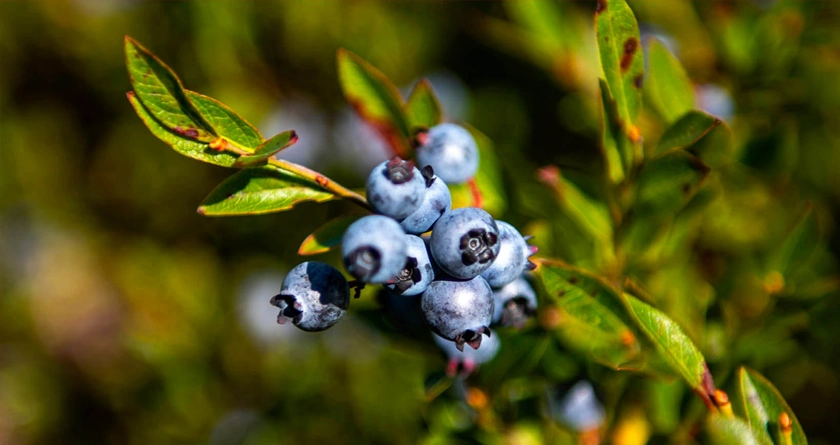
New Research On the Down East Blueberry Fields Declare that the Fields Are Warming Speedier than the Maine in general
Research on the Down East Blueberry Fields presents alarming details…learn more…
Wednesday, 28th April 2021
A new study conducted by the University of Maine for assessing the climatic changes on the vacant and barren lands across the past 40 years, has led the researchers to arrive at a conclusion that the Wild Blueberry Cultivation Fields located in the Down East Maine are speedily warming and that rate is far faster when compared to the state in general.
The recorded difference in the rates of the rising temperature calls for the requirement to come up with specific strategies for wild blueberry management such as the use of proper fertilizers and of irrigation to lessen the impacts of climatic changes on the Down East Blueberry Fields. To minimize the impacts, the techniques developed from the angle of statewide climatic patterns, researchers believe, won’t be much effective.
Rafa Tasnim, a student of Ph.D. in the domains of ecology and environmental sciences is the lead researcher in this study that seeks to explore the alterations in the climatic change patterns, particularly with regard to precipitation and temperature at the Down East Wild Blueberry Cultivation Fields across the past 40 years spanning across the growing seasons stretching from the year 1980 to the year 2019.
Yongjiang Zhang (an assistant professor of applied plant physiology) and Francis Drummond (Professor Emeritus of Insect Ecology and Pest Management) had collaborated with Rafa Tasnim on this research. The team was the first to study the climatic change patterns for fruit cultivation spanning across different fields in one particular production area.
The research findings of the team were published in the research journal ‘Water’s special issue and the paper was titled "Impacts of Climate Change on Plant Water Use, Carbon Balance, Nutrient Economy, and Their Interactions."
Their research findings further revealed that the rising environmental temperatures at the Down East Wild blueberry cultivation fields triggered an increased potential for the phenomenon of water loss, also referred to as Evapotranspiration, across the four decades. The continuation of the phenomenon could put the water availability for the crops as well as the soil’s water-holding capability at stake. The combined impacts of warming as well as the increased rate of potential evapotranspiration could be a threat to the health of the wild blueberry crop as well as its yield, as per the researchers.
"Our findings clearly show that wild blueberry fields are not immune from climate change, so growers will need to be prepared for future warming and a predicted increase in water loss," Zhang says. "Researchers will also need to develop new and innovative solutions to make this cultural heritage sustainable under a quickly changing climate."
Maximum of the sprawling 18,000 hectares of the fields of the wild blueberry in Maine is situated in the Coastal Climatic zone where the impacts of the warming are speedier when compared to the Northern and Interior climatic zones.
The changes in the climate across the three different climatic zones could lead to the wild blueberry cultivation fields witnessing the impacts of the climatic change differently, as per Tasnim and her colleagues. The notion presents the efficacy of making use of the statewide climate-related stats in the management-related practices into the question, urging the researchers to study the subject.
The News Talkie Bureau
Source:
Phys.org











